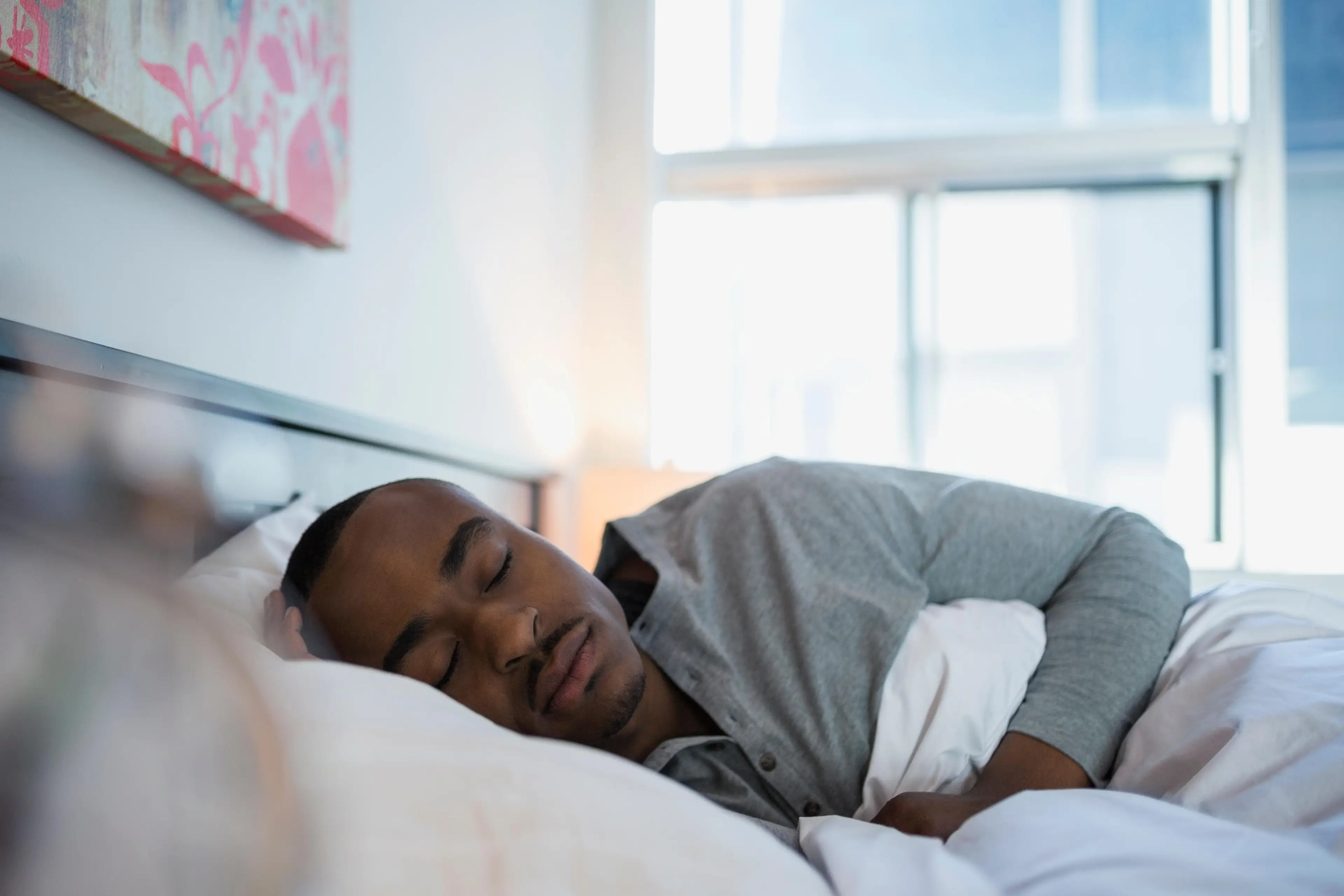
We've all seen Elon Musk's humble brags in the past about how he's too busy to sleep, having once claimed that he survives on six hours' rest each night.
Back in 2013, the Tesla billionaire revealed he had managed to figure out what the perfect amount of sleep is for him to function at the highest possible level.
"I tried to figure out what's the right amount of sleep," Musk told CHM Revolutionaries in 2013.
"I found I could drop below a certain threshold of sleep, and although I'd be awake more hours and I could sustain it, I would get less done because my mental acuity would be affected.
Advert
"So, I found, generally, the right number for me is around six to six-and-a half-hours, on average, per night."

These comments later prompted Arianna Huffington - the co-founder of the Huffington Post and author of a book called The Sleep Revolution - to write him an open letter, telling him that he's demonstrating 'a wildly outdated, anti-scientific and horribly inefficient way of using human energy'.
Musk's response? Tweeting at 2.30am to say that he's just got home from his factory, adding: "You think this is an option. It is not."
But Business Insider previously reported that it could also be a dangerous approach, as sleep deprivation can have serious consequences on your body.
While some of those aren't surprising - being sleep-deprived impacts your short and long-term memory; you have slower reactions; you become clumsier and it leads to irritability, for instance - there are other repercussions that are a little more sinister.

According to Business Insider, various studies have shown that sleep deprivation has been linked to an increased risk of certain cancers like colon and breast cancer, as well as Alzheimer's disease, type 2 diabetes, and inflammatory bowel disease.
Similarly, some studies have noted that sleeping helps cleanse the brain of the beta-amyloid protein that can build up when you're awake. That's a protein that's linked to Alzheimer's disease.
It can also apparently worsen existing conditions like asthma, arthritis, Crohn's disease and cardiovascular disease.
Oh, and here's another pretty dark one: sleep deprivation and disturbed sleep are often associated with reduced libido and sexual dysfunction in both women and men. That's because being awake decreases your levels of testosterone - an important element of your sex drive.
What's more, researchers have found that young adults who don't get enough sleep are less likely to connect with other people on a social level, meaning many often feel more lonely as a result.
Those people then don't tend to sleep as well, meaning we're left with one big, tired and lonely vicious cycle.
Basically, many of us may like to come across as superhuman people who are too busy working or partying for menial stuff like sleep, but there's no shame in getting a decent night's kip.
So rest up, have a nap, enjoy it. Zzzzzzzz.